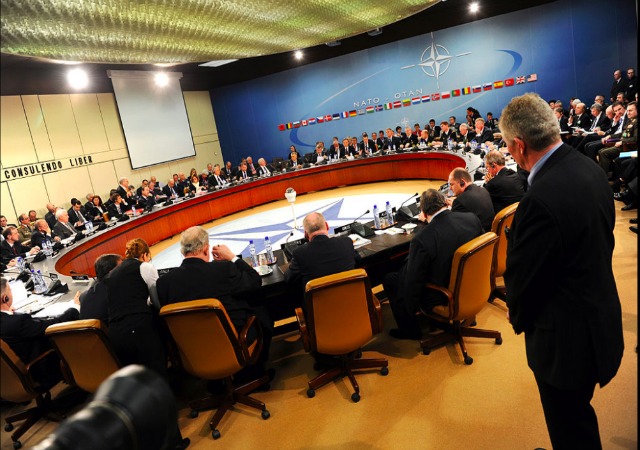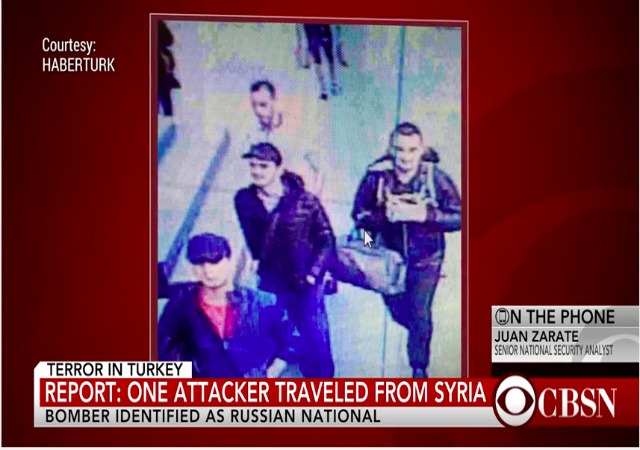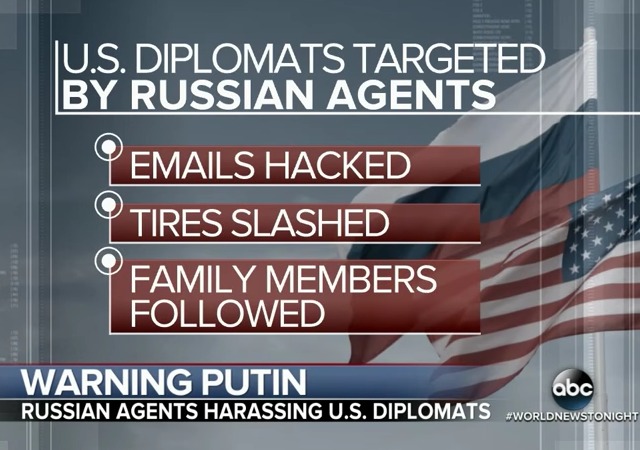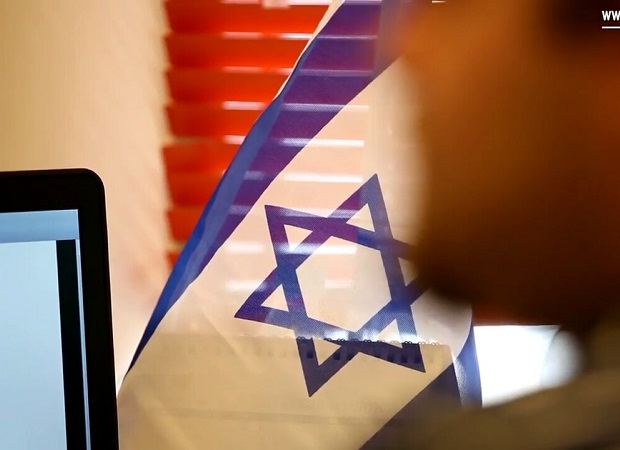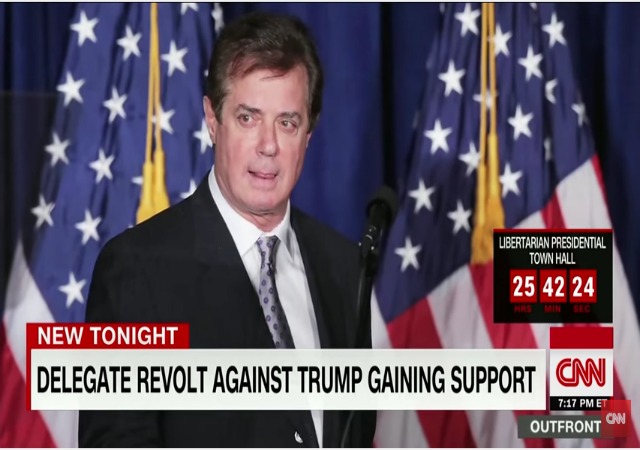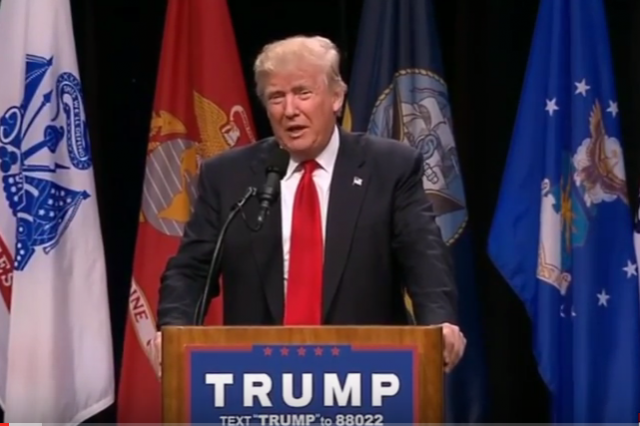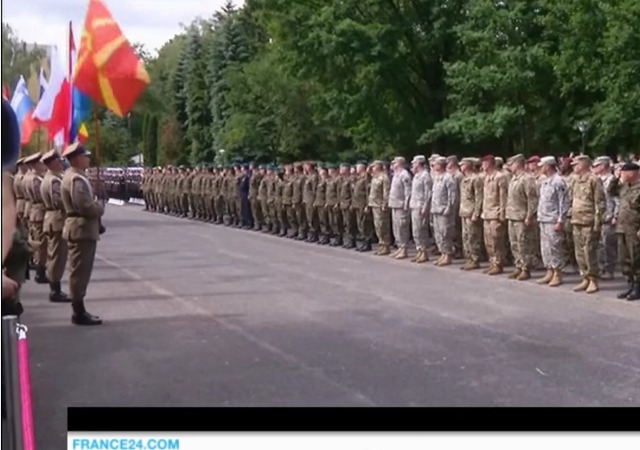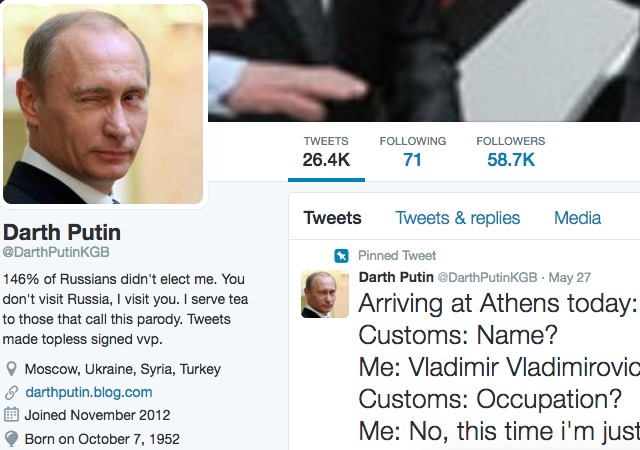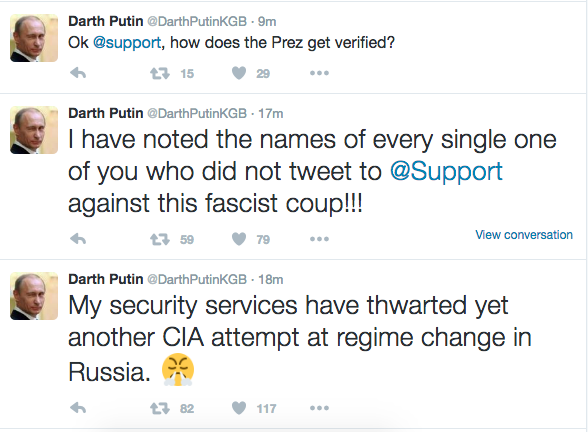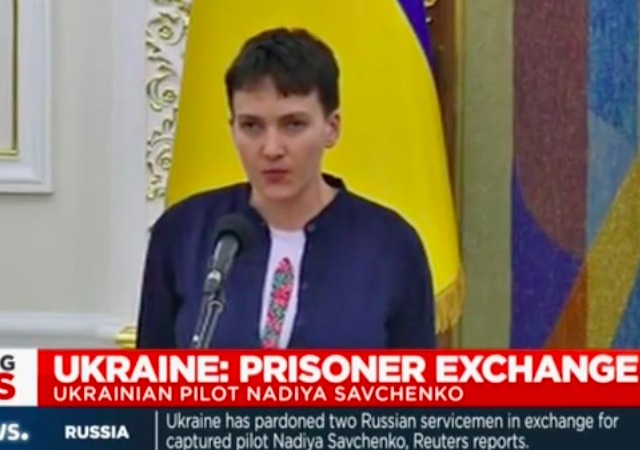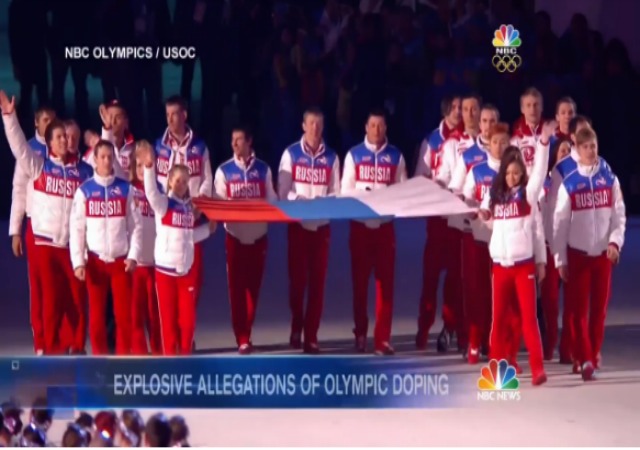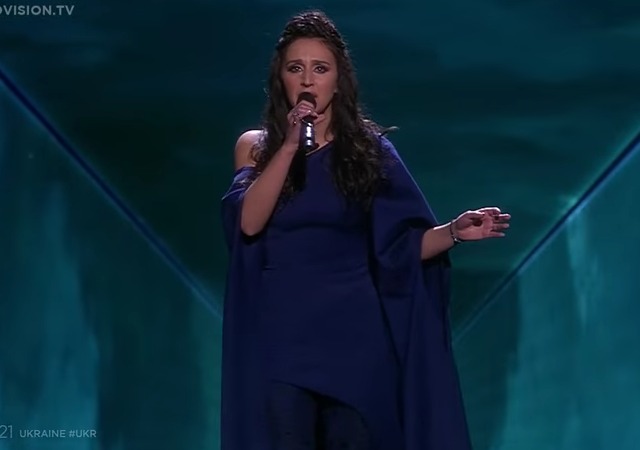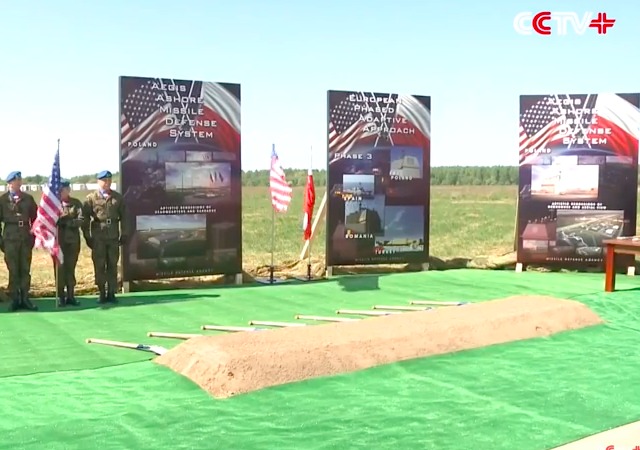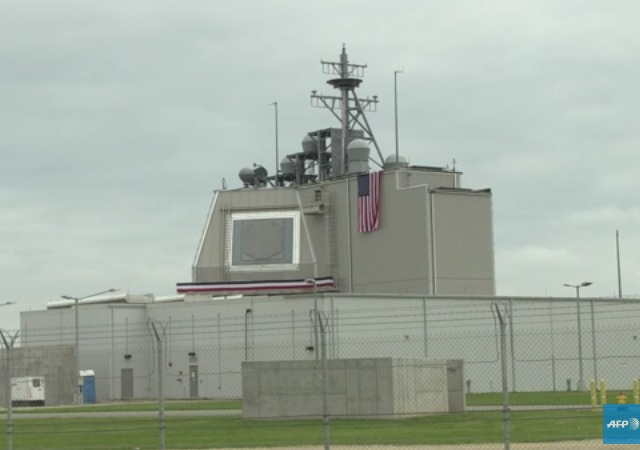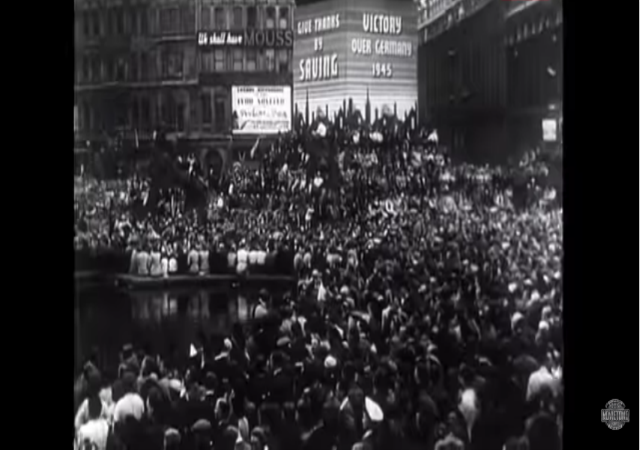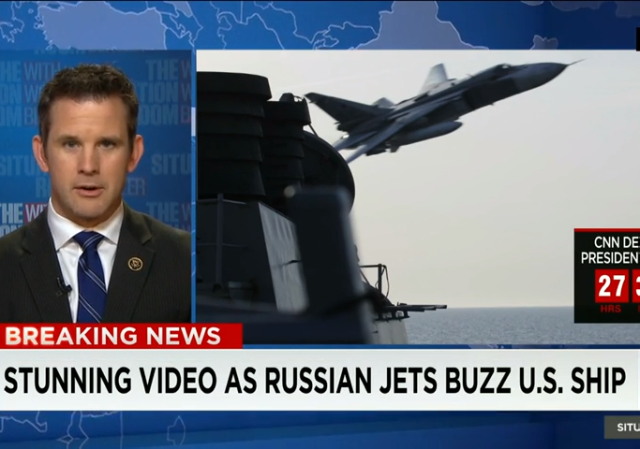NATO Plans Unity, Baltic Force at Warsaw Summit
on July 07, 2016
6 Comments
NATO will meet in Warsaw to show unity against Russia and approve a Baltic force, but the Brexit referendum could take center stage as some believe a weaker European Union means a weaker NATO.
Poland always wanted a NATO summit, especially since Russia has flexed its muscles. But unfortunately, the Brexit referendum may take a starring role with the leaders along with a possibility of Donald Trump joining them next year:
“Since 1999, when Poland joined NATO, this is the most important summit for us,” said Tomasz Szatkowski, Poland’s deputy minister of defense. “It provides for the actual presence of Western allies in Poland.”

